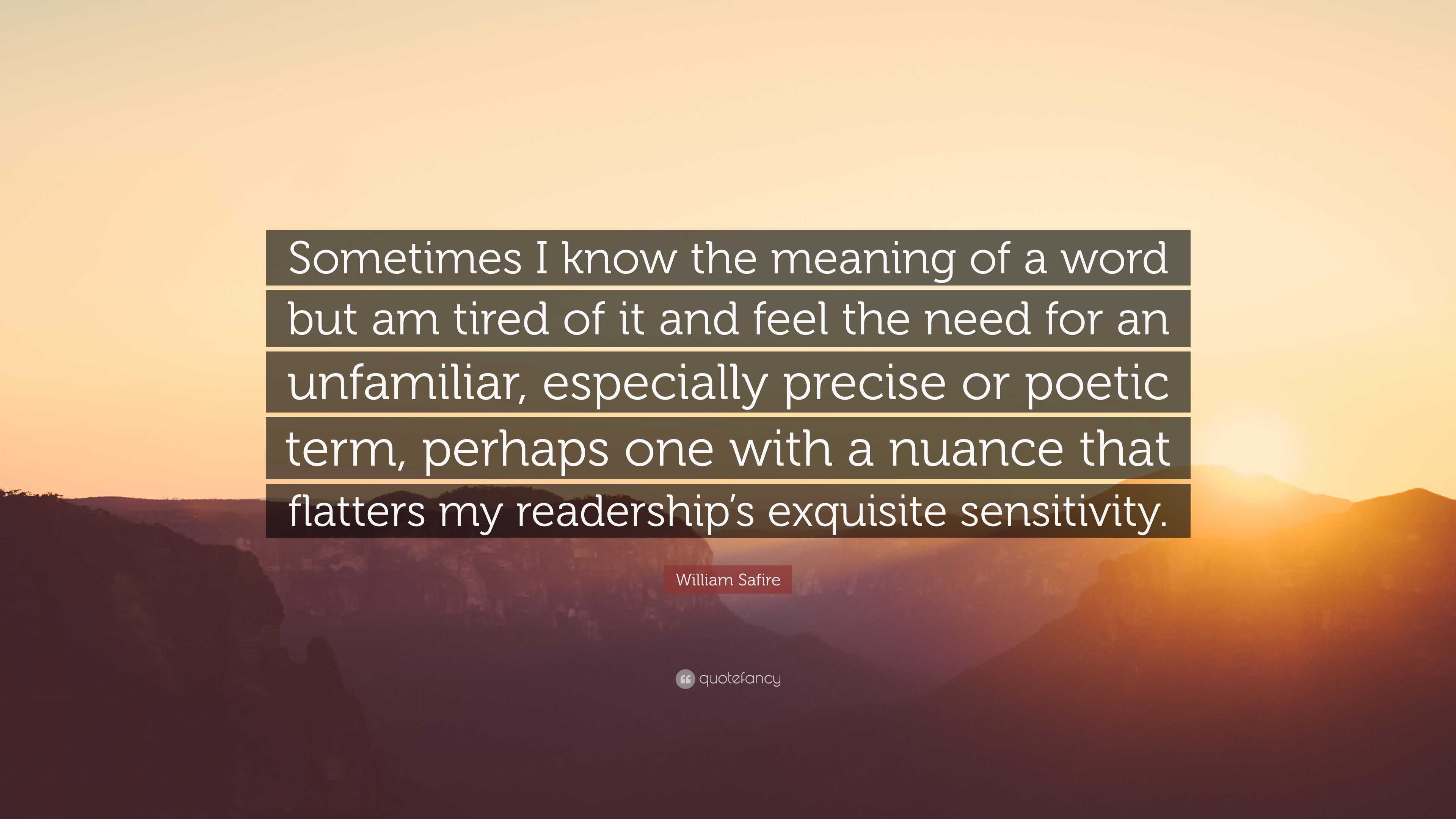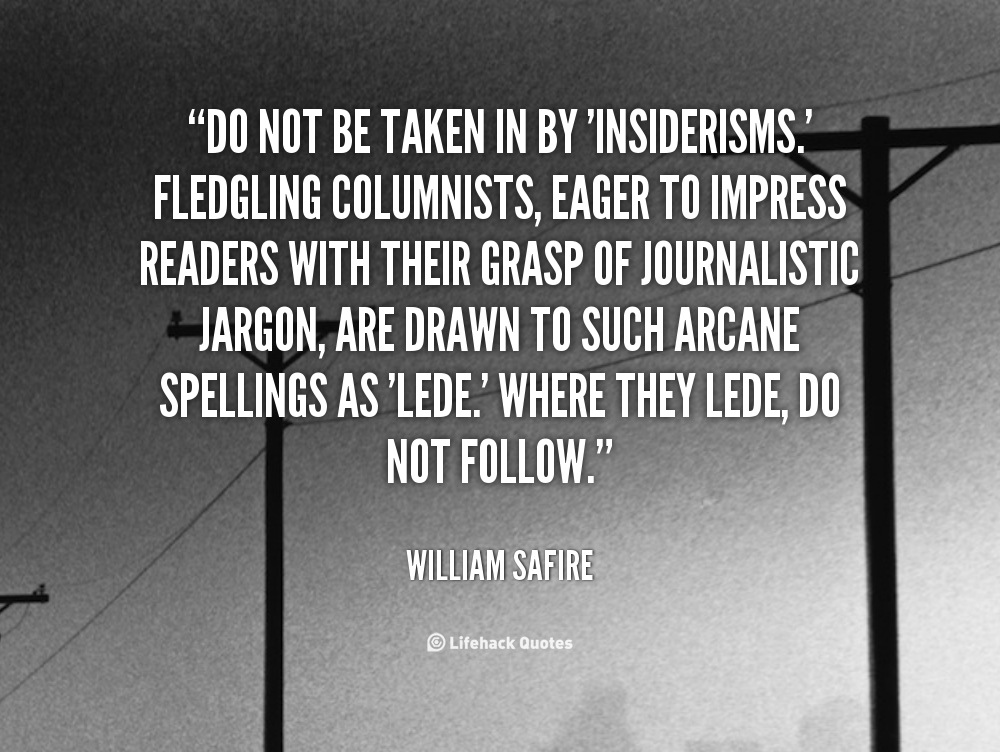
The collection is seasoned with the whimsy language-lovers have come to expect. For example, after he berates New York State lawmakers for using a legal guide ``shot through with grammatical errors,'' a correspondent points out that ``grammatical errors'' is an oxymoron. His engaging language-maven persona puts him securely on a shortlist of people who can get away with grousing about the lack of subject and verb agreement in ``For the wages of sin is death'' but let him put a (metaphorical) foot wrong, and folks note it with something approaching, well, damned glee. As he says, ``speech can be loose but writing should be tight.'' This sentiment may lure copy editors to his side, at least until they reach the section entitled ``Let's Kill All the Copy Editors.'' Here Safire explores capitalization preferences and compound adjectives, concluding that style should be based upon function, not fad.


``Should it be damn lies or damned lies?'' He opts for damned, explaining that the first form is grounded in speech, and the second in meaning. ``That comment troubled me,'' Safire says. A letter calling a political column by Safire (In Love with Norma Loquendi, 1994, etc.) ``a pack of damn lies'' earns the letter writer a mention in Safire's New York Times Sunday Magazine ``On Language'' column, source of the articles in this lively collection.

The ninth volume of tidbits of stylistic wit and wisdom from a man willing to display his grammar in public.


 0 kommentar(er)
0 kommentar(er)
